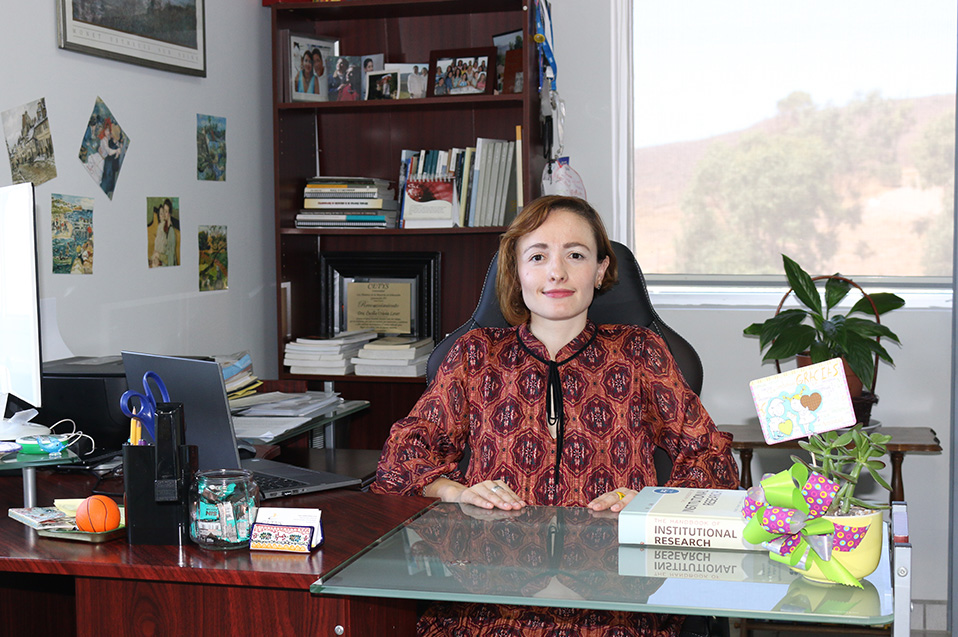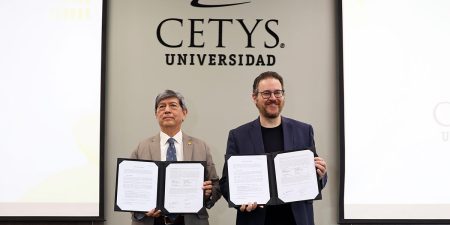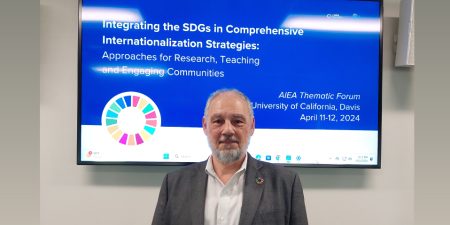We should recognize that for those dedicated to teaching at any educational level, it is impossible not to exert influence on their students.
Research studies in education suggest that successful teachers tend to be known for having the conviction or belief that as individuals and through their way of teaching, they can influence the lives of their students.
What attitudes or behaviors must be demonstrated towards students for that inevitable influence to be positive? Dr. Karla Díaz-López, Coordinator of the Master’s in Education at CETYS University International Campus in Ensenada, shares the most important ones:
• Show genuine interest in students’ needs.
• Willingness to listen to them.
• Sharing experiences that lead to dialogue and reflection.
«If we, as professors, conceptualize education through humanistic postulates, we will ensure our personal development. It is through self-knowledge that we will be able to connect and deeply impact our students. According to renowned educators, the ‘person’ of the teacher holds a deep and incisive formative imprint on their students that permeates into the deepest layers of their being,» shared Dr. Karla Díaz.
According to the CETYS expert, teachers undoubtedly carry out actions related to educational guidance and counseling, which influence the present and future well-being, academic performance, and professional success of their students.
«In our role as teachers and in our work in the classroom, the findings of educational research invite us to carry out certain actions to exert a positive influence that impacts the personal and professional sphere of our students. Here is a summary:
• Constantly engage in self-evaluation to grow as a person and as a professional.
• Consider the social and personal context of the students in our work.
• Provide solutions to learning problems.
• Encourage students to take responsibility for their own learning.
• Show them that there are different ways of learning.
• Make them perceive the teacher as a role model or reference.
• Appeal to their emotions in different learning processes.
• Demonstrate how professional training influences their development as people.»
To conclude, Dr. Karla Díaz shared a postulate authored by Sierra and Alcantara (2019): «We educate by who we ‘are’, more than by what we say. We also teach what we ‘are’, more than what we know.»










Leave your comment